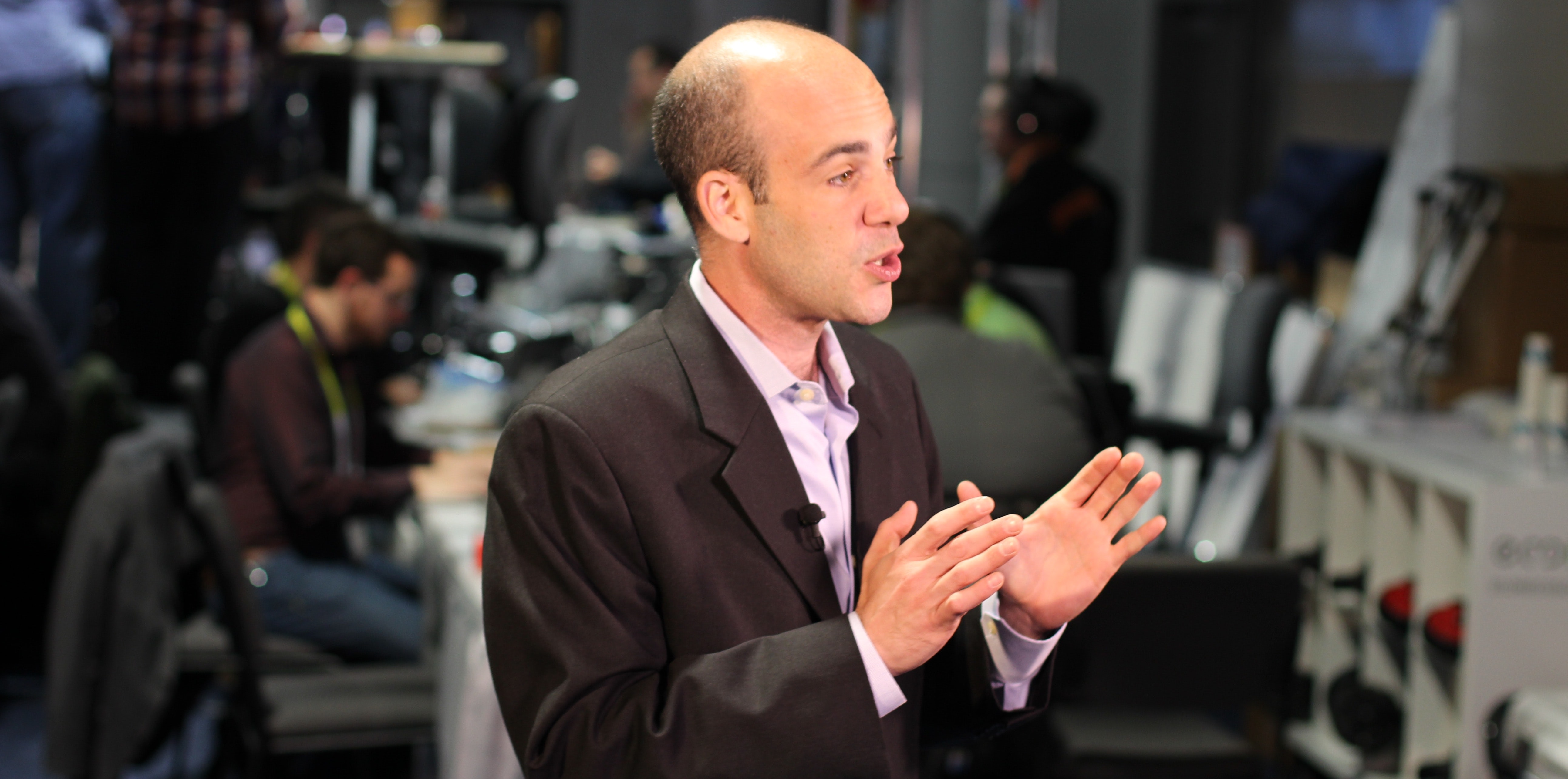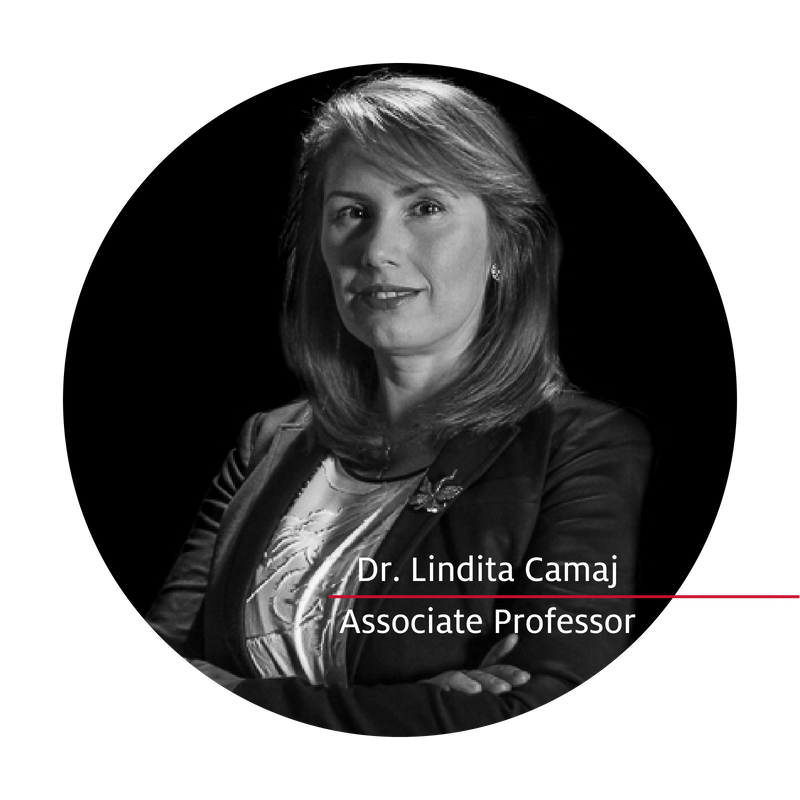
Cable news reinforce voters’ attitudes toward political candidates, Dr. Camaj’s study finds
Tuesday, July 31, 2018

News programing on cable television, which typically exhibit a partisan bias, are more likely to influence how their audiences think about political candidates than news programs on network television, found a recent study by Dr. Lindita Camaj, associate professor at the Valenti School of Communication. This, in turn, leads to the reinforcement of voters’ predispositions.
The study, titled “Motivational theories of agenda-setting effects” and published in the International Journal of Public Opinion Research, examined the effects of news media during electoral campaigns with data from the 2012 presidential elections. It explored the psychological motivations that drive information-seeking behavior and their consequences for media effects.
“Voters who have a high need for orientation, those with high interest in elections and high uncertainty about which candidate is the best, are most likely to seek information from television programs that offer balanced news reporting. But, highly interested partisans are more prone to seek information from both network and cable television programming,” said Dr. Camaj. “The latter also express the most extreme opinions about candidates.”
Compared to NBC and CNN, the study found the strongest association between the depiction of the 2012 presidential candidate Barack Obama on Fox News and MSNBC and their viewers’ opinion about him.
“Motivated reasoning orientation provides an explanation for these outcomes,” said Dr. Camaj.
According to this theory, people are motivated by two types of goals when processing information to form their opinions. Accuracy goals predispose people to reach correct conclusions, and directional goals motivate people to reach their preferred conclusions.
“Guided by directional goals, interested partisans are motivated to devalue attitudinally inconsistent information to lower ambivalence and simplify their choice. The current media environment facilitates and potentially enhances such processes,“ said Dr. Camaj.
This study suggest that in a polarized media environment news media are more likely to amplify the strength of prior attitudes, crystalizing political predispositions which lead to electoral participation.
“Because Presidential elections require voters to make dichotomous decisions between two candidates, in a close Presidential race, such media effects might be crucial in determining the outcomes of the election,” concluded Dr. Camaj in her article.